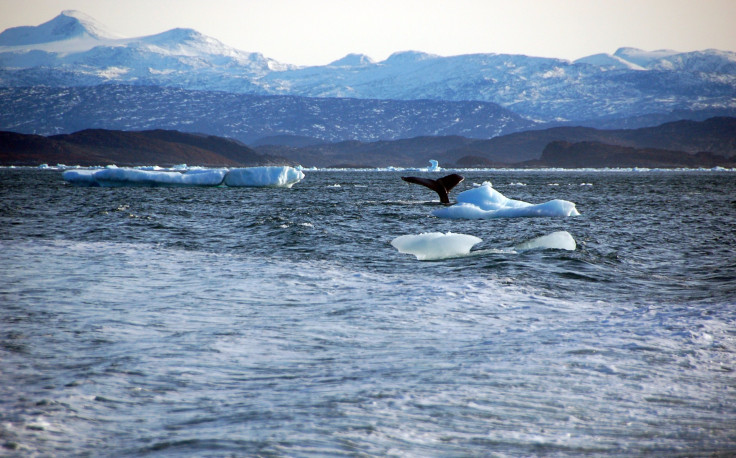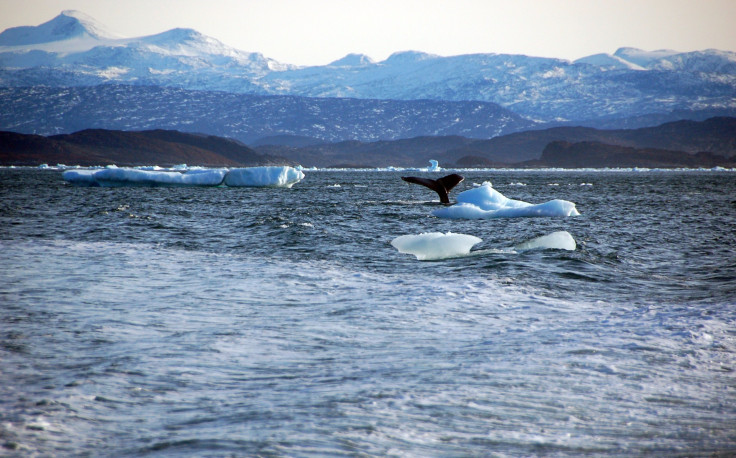Arctic Ocean In Serious Danger As Sea Ice Melts, Needs Better Protection

Rapidly melting sea ice in the Arctic Ocean has opened up previously inaccessible areas to industrial fishing, oil exploration, shipping and other human activities. The region is in dire need of protection, the International Conservation of Nature (IUCN) said in a report issued Tuesday in conjunction with the Natural Resources Defense Council (NRDC) and UNESCO’s World Heritage Center.
Climate change has hit the Arctic harder than any other place on Earth: the temperature there has increased at a rate twice that of the rest of the world, according to the Environmental Protection Agency. Maximum ice in the Arctic reached a record low for the third straight year, according to data released by the National Snow and Ice Data Center in March. The melting season now also lasts far longer than it did in the past: ice starts thawing 11 days earlier and refreezing 26 days later.
Read: Iceberg In Antarctica The Size Of Delaware Poised To Break Off Into Ocean
The IUCN called for better protection of the region to prevent against even more devastating human impact for the fragile ecosystems and threatened species in the Arctic.

“Our Arctic Ocean conservation efforts are not keeping pace with the loss of ice and encroaching economic development, and this is putting our shared heritage in jeopardy,” Lisa Speer of the NRDC said in a press release. “We need to protect the region’s most important ecological hotspots from industrial fishing, offshore oil and gas development and other human activity to give the region’s globally unique wildlife the best possible chance of survival.”
Read: Massive Algae Blooms In Arabian Sea Killing Fish, Threatening Economy
The report called for the protection of seven marine sites in the Arctic to be protected as World Heritage sites. In order to be included on the World Heritage List, sites are required to meet at least one of the ten criteria outlined by UESCO and present significant value to the world. The Arctic is home to many endangered species like polar bears and provides a habitat for some species found nowhere else on earth, like narwhals.
“The Arctic Ocean plays a crucial role in shaping global climate and hosts a diverse range of species, many of them threatened,” Carl Gustaf Lundin, director of the IUCN’s Global Marine and Polar Program, said in the press release. “The World Heritage Convention has great potential to increase global recognition and protection of the region’s most exceptional habitats.”
© Copyright IBTimes 2025. All rights reserved.






















